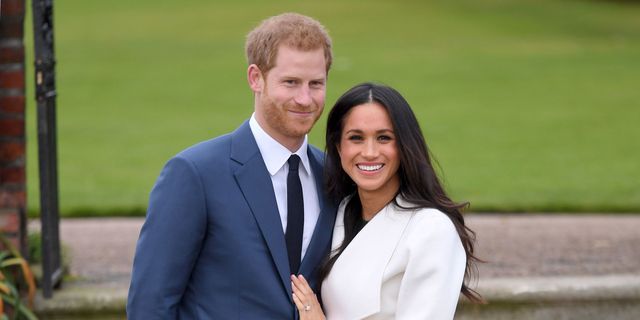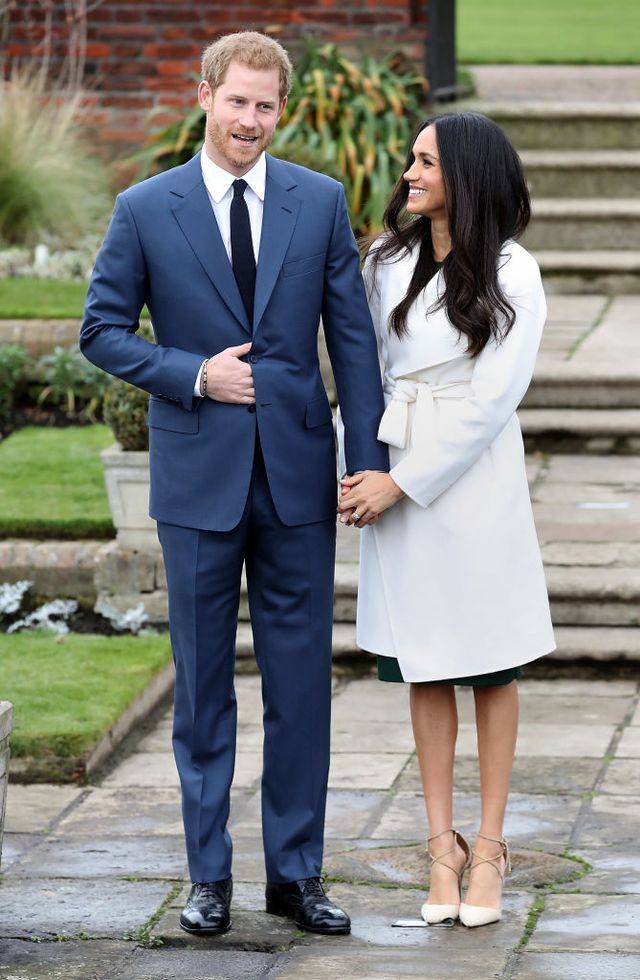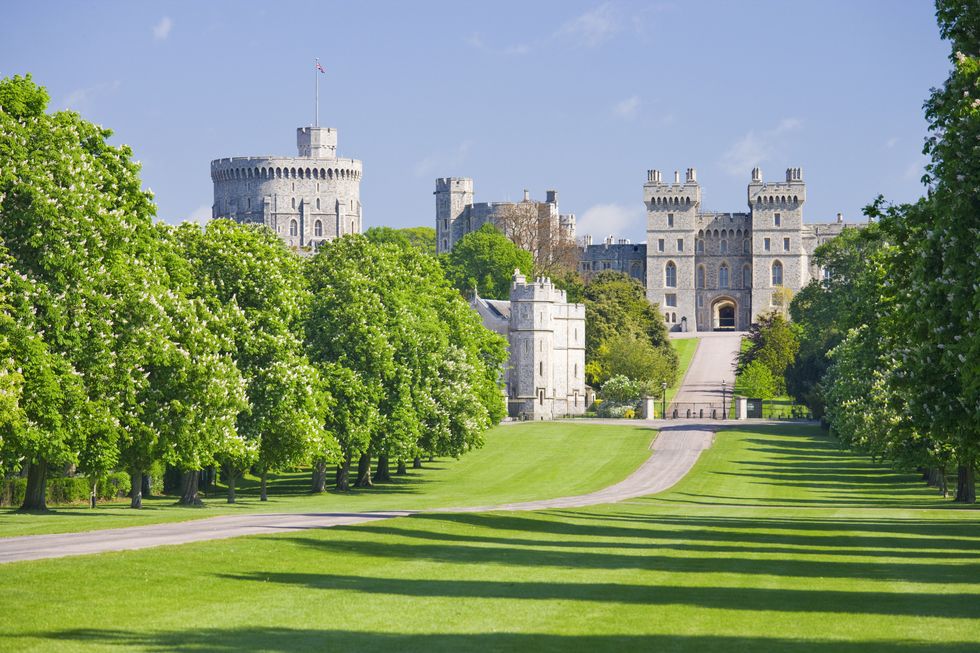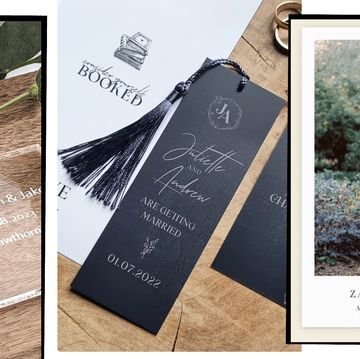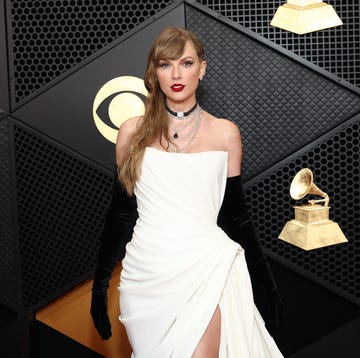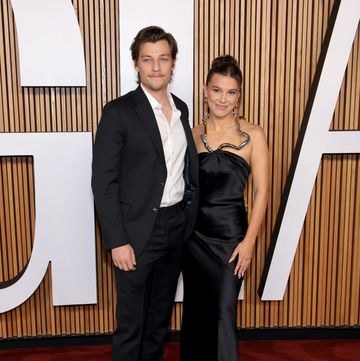Earlier this month, Kensington Palace announced that over 2,000 people will be invited to Prince Harry and Meghan Markle's wedding.
This means the special day, which is to be held at St George's Chapel on 19 May, will give members of the public an up close-up look at the newlyweds during their arrival and their carriage procession departure from Windsor Castle.
The Palace has already confirmed that 100 children from local schools will be invited inside the castle grounds. Another 200 guests will be made up of representatives from Harry's key charities, along with 530 members of staff from the Royal Household and Crown Estate and more than 600 people from the Windsor Castle community.
Out of the 2,640 members of the public invited, this leaves a further 1,200 who will be nominated to attend from around the UK. So, how does this part of the invite process work?
As to be expected, the invites aren't easy to come by. In fact, the decision is up to nine regional Lord Lieutenants, who act as the Queen's personal representative in each county.
'We have contacted the Lord Lieutenants offices across the UK to ask them to nominate individuals from within their community who they feel would merit an invitation,' Kensington Palace explained to ELLE UK.
'In deciding who to nominate, they have been asked to give consideration to include people from a broad range of backgrounds and ages, including young people who have shown strong leadership, and those who have served their communities, but otherwise have left it to them.'
While getting an invite to the wedding of the decade might be a challenge, one thing is for sure. 'This wedding, like all weddings, will be a moment of fun and joy that will reflect the characters and values of the Bride and Groom,' the Palace said in an earlier statement.
Let the celebrations begin.
